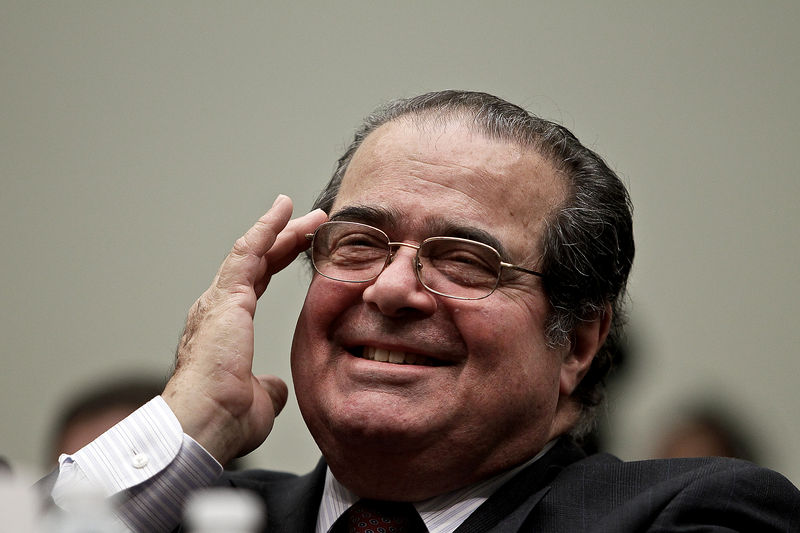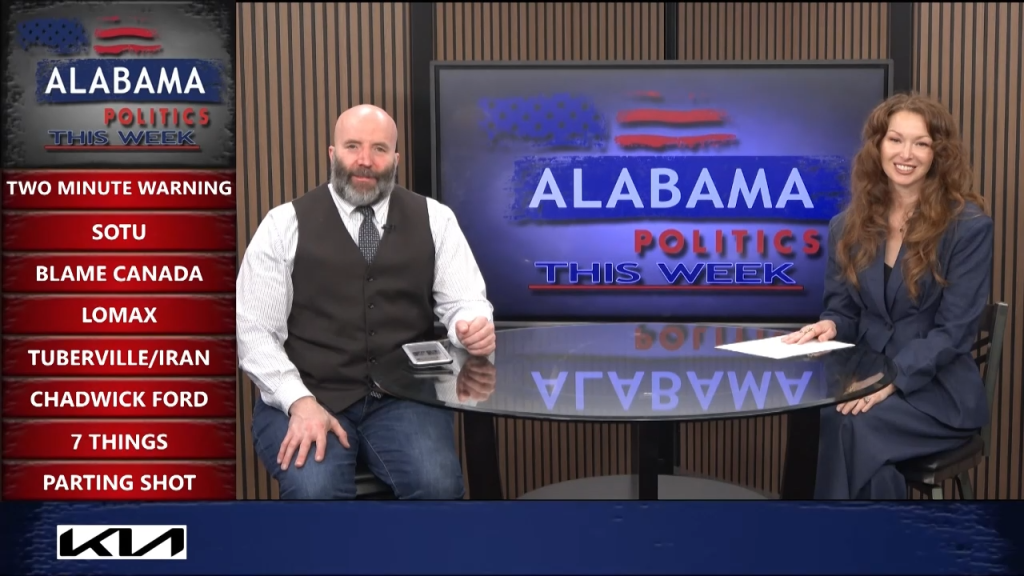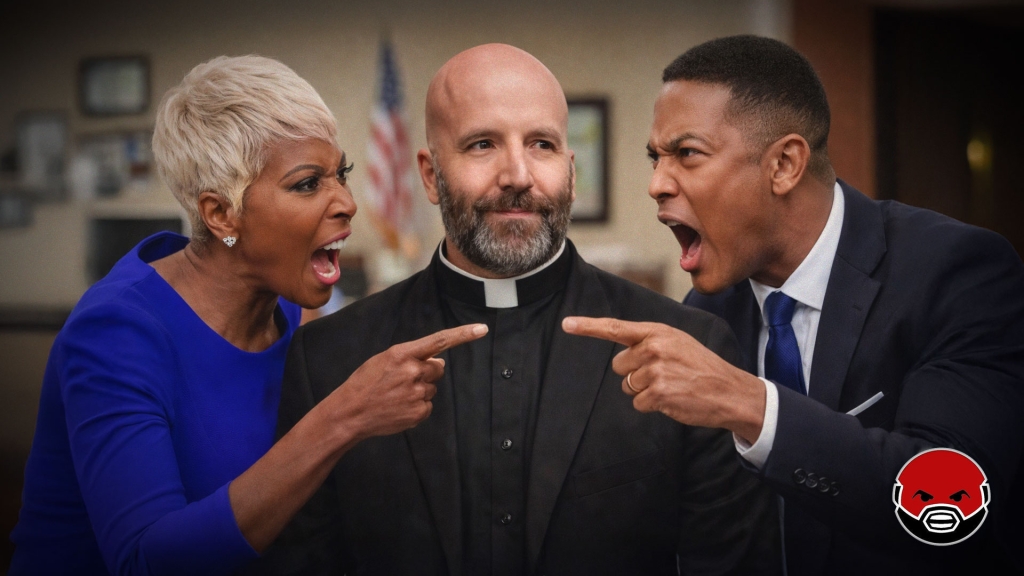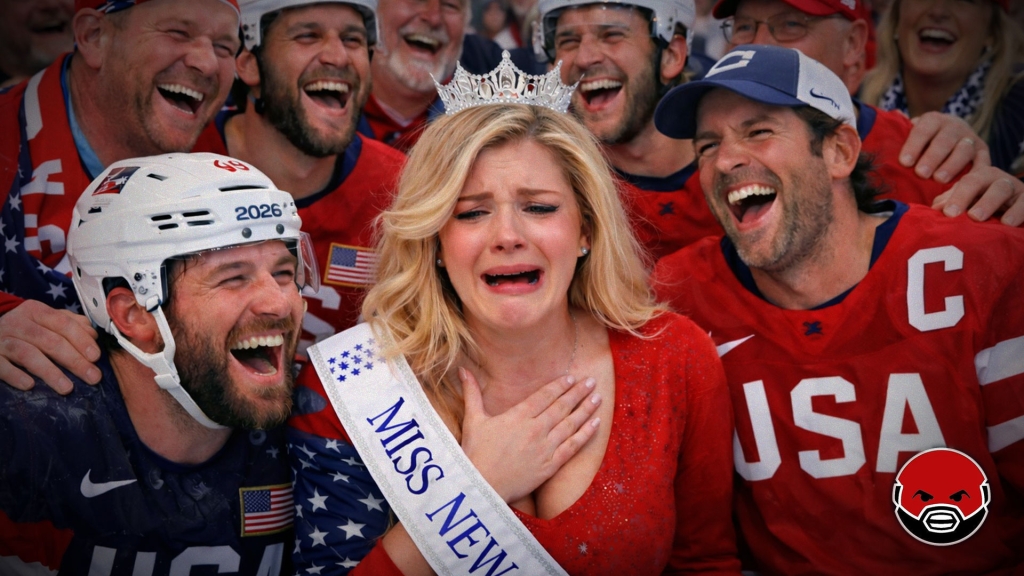Not all gun control advocates demand it, but there is growing support for semi-automatic rifles such as the AR-15 to be outlawed at the federal level.
Some state and local jurisdictions have taken action into their own hands, enacting bans on such firearms, and those bans have been largely upheld in federal courts.
In 2015, after the 7th Circuit Court of Appeals upheld a city-wide assault weapons ban that Highland Park, Illinois enacted – which included the AR-15 – the Supreme Court decided not to hear an appeal, and Justices Clarence Thomas and Antonin Scalia dissented that decision.
Justice Thomas brought up the AR—style rifle’s popularity: “Despite these holdings [of the Supreme Court in Heller and McDonald], several Courts of Appeals— including the Court of Appeals for the Seventh Circuit in the decision below—have upheld categorical bans on firearms that millions of Americans commonly own for lawful purposes,” (emphasis mine), adding later on, “roughly five million Americans own AR-style semiautomatic rifles.”
Justice Thomas’s argument that banning such a category of weapons is unconstitutional closely mirrors part of Justice Scalia’s argument in the D.C. vs. Heller majority opinion, which he penned.
In the Heller opinion, after establishing the Second Amendment’s assurance of a right to personal self-defense, Justice Antonin Scalia argued that D.C.’s ban on handguns surpassed the scope of cases like United States vs. Miller – which banned sawed-off shotguns, cementing Congress’s ability to ban particular firearms – to impede one’s right to self-defense through banning an entire category of highly-common firearms.
“The handgun ban amounts to a prohibition of an entire class of ‘arms’ that is overwhelmingly chosen by American society for that lawful purpose,” Scalia wrote in the Heller opinion. “The prohibition extends, moreover, to the home, where the need for defense of self, family, and property is most acute. Under any of the standards of scrutiny that we have applied to enumerated constitutional rights, banning from the home the most preferred firearm in the nation to ‘keep’ and use for protection of one’s home and family,’ 478 F. 3d, at 400, would fail constitutional muster.”
Justice Thomas’s 2015 dissent again ties the two together: “The question under Heller is not whether citizens have adequate alternatives [aside from handguns in Heller’s case] available for self-defense. Rather, Heller asks whether the law bans types of firearms commonly used for a lawful purpose—regardless of whether alternatives exist.”
The argument is effectively this: A ban on the AR-style rifle would amount to “a prohibition of an entire class of ‘arms’ that is overwhelmingly chosen by American society for that lawful purpose,” as Justice Scalia argued of the handgun ban in Heller. As “America’s Rifle” grows in popularity, I expect the basis for this argument to only become more firm.
The Supreme Court has yet to hear a major weapons-ban case since Heller in 2008 but were it to do so, I suspect that this argument would be utilized to declare the ban unconstitutional.
@jeremywbeaman is a contributing writer for Yellowhammer News












